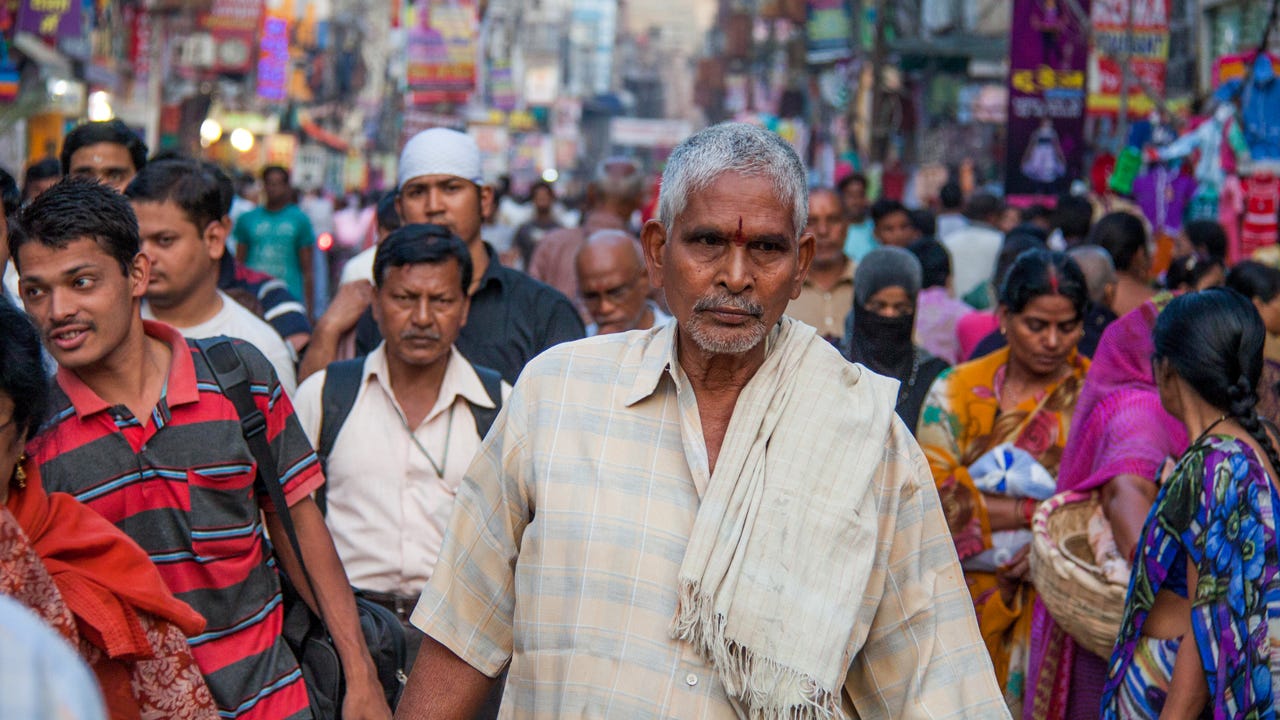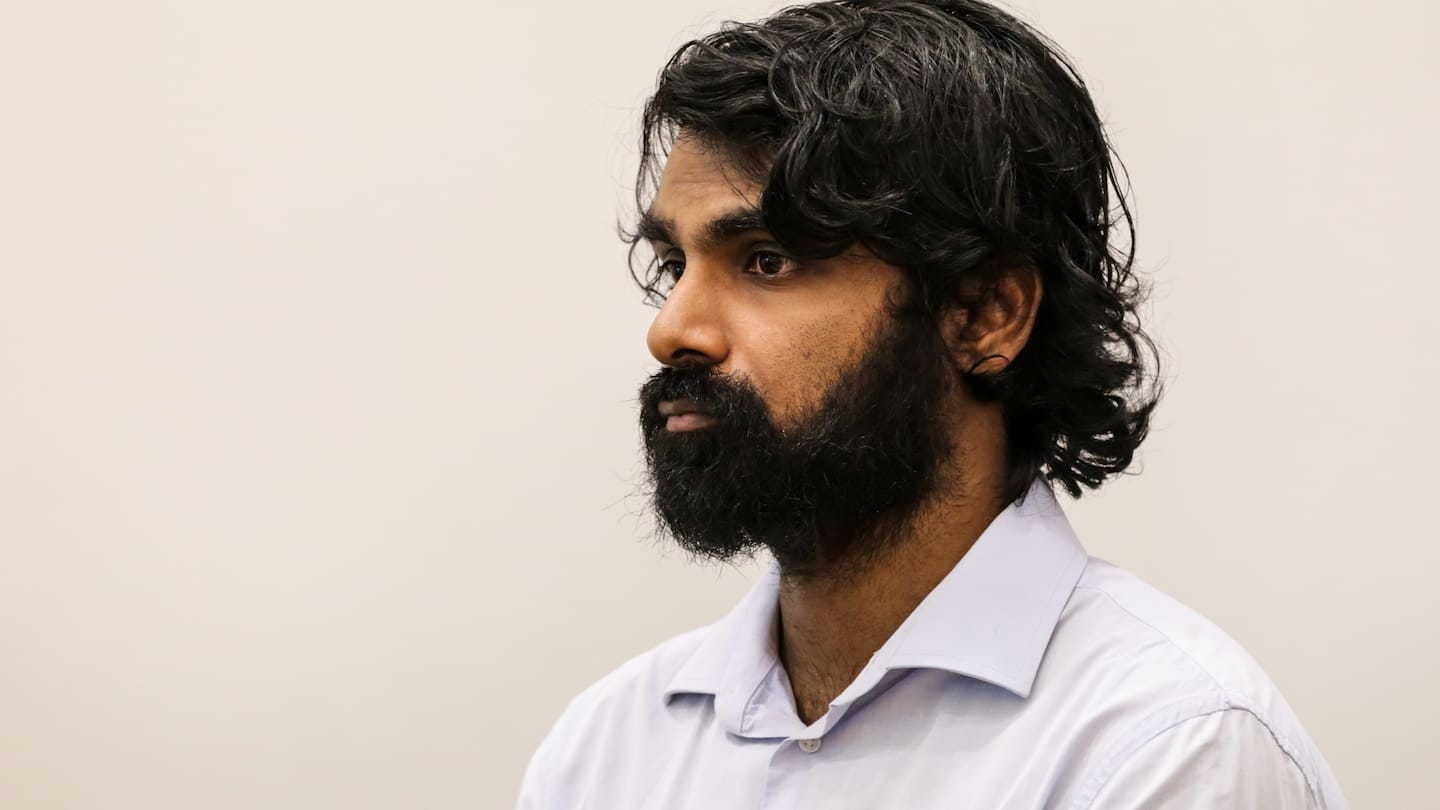New Zealand’s opening the floodgates to unvetted Indian degrees
New Zealand has thrown open its doors to Indian degree-holders, scrapping the critical qualification assessment process that once ensured a baseline of credibility for foreign credentials. According to a recent report from The Times of India, this policy shift is being hailed as a “streamlined” pathway for Indian graduates to access visas, work, and potentially permanent residency in New Zealand. Beneath the glossy rhetoric of global talent and Indo-Kiwi partnerships lies a dangerous gamble that threatens the integrity of New Zealand’s immigration system and the livelihoods of our citizens. This is a reckless invitation to chaos.
New Zealand doesn’t need an influx of unverified Indian degree-holders flooding its job market. The country’s labour force is already strained, with local graduates struggling to secure meaningful employment in an economy battered by global uncertainties. By removing the rigorous checks previously required to validate foreign qualifications, New Zealand is rolling the dice on credentials that may not hold up under scrutiny.

India, a nation notorious for its bureaucratic inefficiencies and widespread academic fraud, is hardly the gold standard for trustworthy degrees. From diploma mills churning out questionable certificates to rampant corruption in educational institutions, the risks of accepting Indian qualifications at face value are glaring. Yet, New Zealand’s policymakers seem content to turn a blind eye, prioritising geopolitical posturing over the nation’s economic stability.
This whole saga reminds me of Yuvaraj Krishnan - the bogus doctor who conned his way into Middlemore Hospital with fake credentials. He was eventually sentenced to 3 years and 7 months in prison. At just 31, Krishnan managed to fool the system until the Counties Manukau DHB finally sacked him. Police charged him with 13 offences, including perjury, forgery, and the dishonest use of official documents.
Krishnan is not the only one. In 2015, Mohamed Shakeel Siddiqui faked U.S. psychiatric credentials to land a job at Waikato Hospital, earning $165,000 a year. Though a qualified doctor, he forged specialist documents and references to deceive the Medical Council. After six months, concerns about his competence led to an investigation. He later pleaded guilty to deception and forgery, was sentenced to four years and three months in prison, and deported.
The Times of India article paints this decision as a bold step to attract “India’s brightest minds,” but who’s verifying the brightness? Without the Labour Qualifications and Equivalence Assessment (LQEA), there’s no mechanism to ensure these degrees are worth the paper they’re printed on. Are we to believe that every Indian graduate now eligible for a visa is a prodigy destined to revolutionize New Zealand’s tech or healthcare sectors? Hardly. The reality is that this policy opens the door to a flood of applicants, many of whom may hold credentials from subpar institutions, clogging up industries already saturated with talent. Local workers, from Auckland to Christchurch, will bear the brunt as employers, lured by cheaper labour, sideline Kiwis in favour of untested foreign hires.
This isn’t just about economics, it’s also about cultural and social cohesion. New Zealand’s small population and unique identity have long been its strength, but rapid demographic shifts driven by unchecked immigration threaten to erode that foundation. Indian migrants, already a significant presence in cities like Auckland, are steadily reshaping communities, often forming insular enclaves that strain public resources and challenge integration. The Times of India report boasts of a “deeper Indo-Kiwi talent partnership,” but what’s the cost? A nation that prides itself on its tight-knit communities risks becoming a fragmented mosaic, where local voices are drowned out by an influx of outsiders who do not share the same values or commitment to New Zealand’s way of life.
The argument for this policy hinges on New Zealand’s supposed need to compete in the “global education and migration race.” But why should New Zealand lower its standards to keep up with countries like Australia or Canada, which are themselves grappling with the fallout of lax immigration policies? The promise of streamlined visa access might attract more applicants, but quantity doesn’t equal quality. Immigration experts cited in the article claim this reflects “geopolitical foresight,” but it smells more like geopolitical pandering, a desperate bid to curry favour with India’s growing economic clout at the expense of New Zealand’s own interests.
Why should Indian degree-holders get a free pass while others, from countries with equally or more robust educational systems, still face the full weight of scrutiny? This selective leniency smacks of favouritism, undermining the principles of equality and merit that New Zealand claims to uphold. If the goal is to attract global talent, why not strengthen standards across the board rather than carving out exemptions for one group? It seems that New Zealand is willing to compromise its integrity for a quick influx of applicants, regardless of the long-term consequences.
The defenders of this policy will cry “diversity” and “inclusion,” but diversity without discernment is a recipe for disaster. New Zealand’s immigration system should prioritize Kiwis, those who’ve built the nation, paid its taxes, and invested in its future. Instead, this move risks flooding the market with unverified qualifications, undercutting local workers, and straining public services already stretched thin. It’s time for New Zealand to wake up and reverse this shortsighted decision before it’s too late. The country deserves better than to become a dumping ground for dubious degrees and unchecked ambition.
To celebrate my birthday this year, I’m offering something special to everyone who’s been following along, all free subscribers can now upgrade to a paid Matua Kahurangi subscription for 50% off.
If you’ve been enjoying my writing, now’s the perfect time to take that next step. Paid subscribers get full access to the complete archive, exclusive posts, deeper commentary, and, most importantly, the opportunity to join in the full conversation.
Whether you’ve agreed, disagreed, laughed, or winced at what I’ve written, your support means the world. And if you’ve been on the fence about subscribing, this birthday deal is a good excuse to jump in.
This offer will last until this Sunday, so if you're keen to see it all and back the work I do, now’s your chance.
👉 Click here to upgrade with 50% off
For my paying subscribers I wanted to add a little more to this article. For the seventh year in a row, Singh has taken the top spot as the most common surname given to newborns in New Zealand, with over 680 babies registered under the name in 2024. Kaur followed close behind with 630 registrations, while Smith, once the staple of Kiwi naming conventions, has dropped to third place with just 300…








